

This second volume in Naxos’ Stanford symphony cycle is very well played and recorded. David Lloyd-Jones leads with a firm hand and finds about as

Music such as this–well crafted, tuneful, and beautifully scored–probably deserves more attention than it gets. The problem with these symphonies is their near total lack
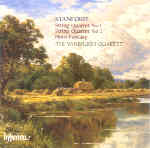
Stanford’s first two string quartets, dating from 1891, are quite conservative in style, but that seems to have been part of his reason for writing
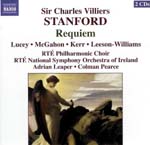
The best parts of this late-Romantic setting of the Requiem are the quieter ones. Whether by design or because constrained by Victorian-era Church of England
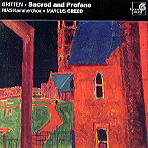
As far as I’m concerned–and among choral music fans I know I’m not alone in this–there can’t be too many recordings of the repertoire featured
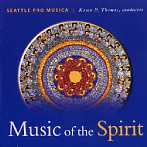
There’s some very fine singing on this CD, not surprising given the experience and reputation of the Seattle Pro Musica. Although they’ve chosen what seems
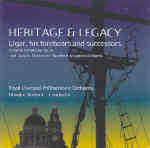
This interesting and enjoyable program is worth having for the three least-familiar works, each enjoying (I believe) its CD premiere. Frederic Austin is best known
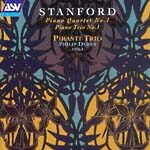
Although he was one of the leading British composers of the 19th century, Charles Villiers Stanford (1852-1924) received his musical training in Germany–so it’s no
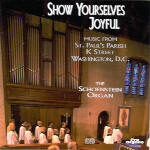
Here is another lovely CD, for the most part, from St. Paul’s Parish, yet with a bizarre turn toward the end. The program commences in
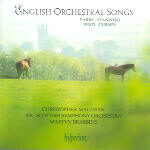
Most of these pieces were composed around the turn of the century when English composers were avidly interested in setting their songs with orchestral accompaniment.
![]()
